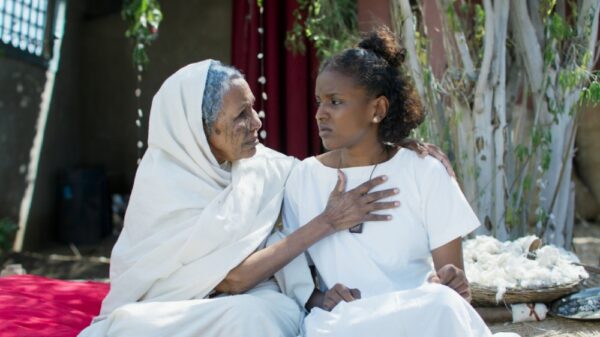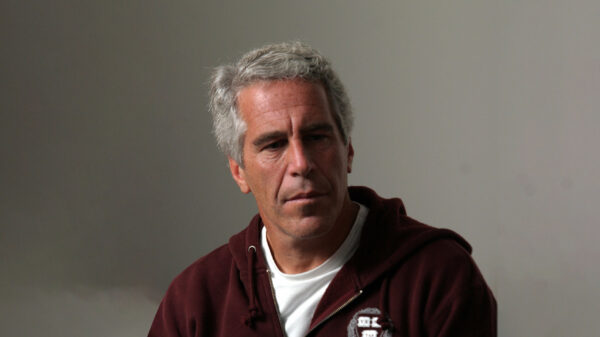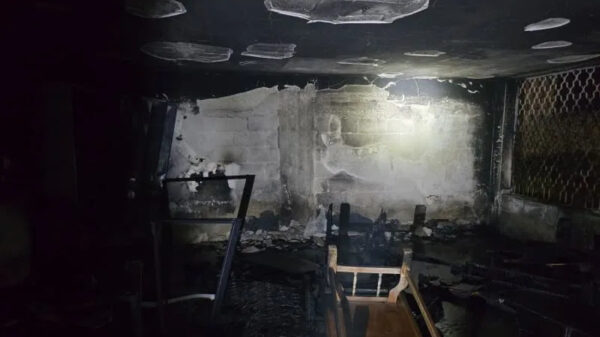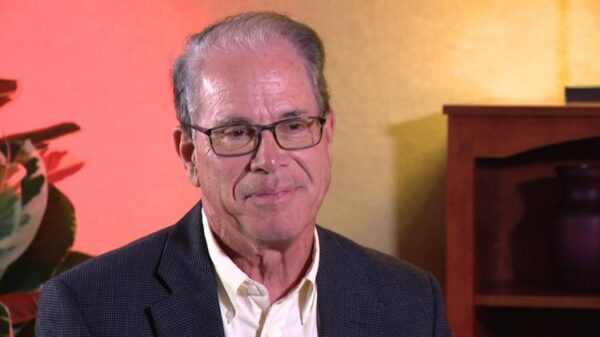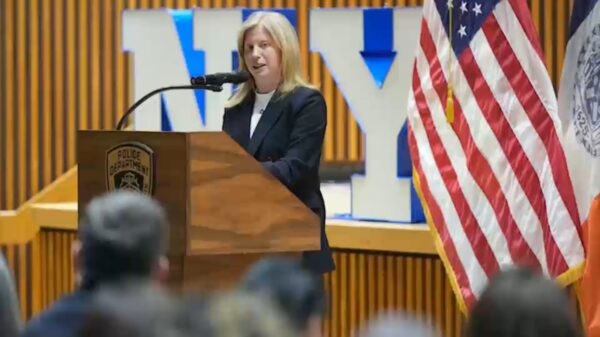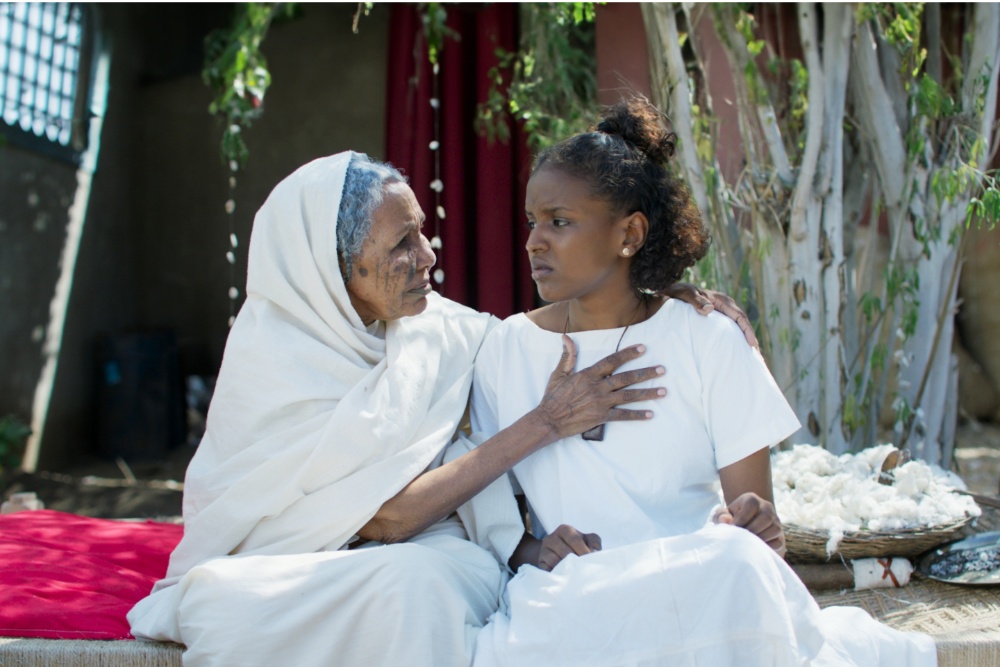UPDATE: The inaugural Doha Film Festival has officially launched, spotlighting Sudanese cinema with the powerful film Cotton Queen, directed by Suzannah Mirghani. This critical moment comes as Sudan grapples with ongoing conflict and mass displacement, making the festival a significant platform for visibility.
As Mirghani’s debut feature screens in the festival’s International Feature Film Competition, it has already garnered acclaim, winning the Golden Alexander for Best Feature at the Thessaloniki International Film Festival earlier this month. The film is more than just entertainment; it serves as a vital representation of Sudanese culture during a turbulent time.
“Cotton Queen” follows the story of teenage Nafisa, who becomes embroiled in a struggle over genetically modified cotton seeds, which threaten her village’s agricultural heritage. The film reflects a community’s fight for identity amidst cultural erasure, resonating deeply with audiences, especially those from Sudan. Mirghani notes, “The first reaction is always: ‘We’re seeing Sudan on screen.’”
The film’s relevance is underscored by its historical context. Cotton has long been central to Sudan’s economy and cultural rituals, but the introduction of genetically modified seeds has jeopardized this legacy. Mirghani’s research revealed that these seeds, first introduced in 2012, had overtaken the majority of Sudan’s cotton crop by 2020.
As the festival unfolds, Mirghani reflects on the significance of the spotlight on Sudanese culture. “In many parts of the world, Sudanese communities feel overlooked. Here, there’s a sense of being seen,” she states. This acknowledgment is crucial as the cultural landscape continues to change due to war and displacement.
Originally, Mirghani intended to film in Sudan with a local cast and crew, but the outbreak of war in April 2023 forced her to relocate production to Egypt. Many collaborators fled Sudan, and Mirghani followed in solidarity. “We followed them,” she emphasizes, highlighting the communal nature of Sudanese culture. “Filmmaking became a source of stability.”
The film is not just a personal story; it connects with broader themes of women’s empowerment and economic agency, as represented by the historical context of cotton production. Mirghani’s grandmother, who spun cotton into thread, symbolizes this legacy of resilience and empowerment.
The film’s score, composed by Amine Bouhafa, integrates Sudanese instrumentation, enriching the narrative with cultural depth. The opening scene features girls singing traditional “aghani albanat,” songs performed in women-only spaces, further emphasizing the film’s cultural roots.
Despite the challenges, the film’s message of solidarity and connection remains strong. Many of the Sudanese cast and crew, still scattered across Egypt, are being brought to Doha for the screening, marking a poignant reunion as they experience the film together for the first time.
As the festival continues, Mirghani aims for “Cotton Queen” to reach Sudanese communities in the diaspora and refugee contexts worldwide. “To be connected through this film would be my greatest measure of success,” she concludes.
The Doha Film Festival not only celebrates Sudanese cinema but also acts as a beacon of hope, showcasing the resilience of a culture fighting to be seen and heard amidst adversity. The screening of Cotton Queen symbolizes a crucial step in the journey toward visibility and recognition for Sudanese art.




